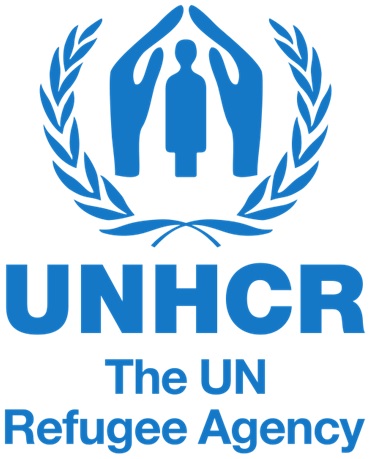The post-election unrest in Mozambique has led to a significant displacement of people, with thousands forced to flee their homes. The United Nations High Commissioner for Refugees (UNHCR) has reported that approximately 2,000 individuals have crossed into Malawi in the past week, while another 1,000 have sought refuge in Eswatini. Among the new arrivals are refugees and asylum seekers from various nationalities who had been residing in Mozambique.
UNHCR has expressed deep concern over the escalating displacement and its impact on the affected populations. Chansa Kapaya, UNHCR’s Regional Director for Southern Africa, emphasized the urgency of the situation, stating, “We are deeply alarmed by the ongoing situation in Mozambique, where escalating violence has forced thousands to flee. Refugees and civilians are facing immense risks, losing their livelihoods and relying on humanitarian assistance.”
In Malawi, those who fled Mozambique recounted harrowing experiences of attacks and looting in their villages, prompting them to embark on arduous journeys to safety. Many crossed the Shire River on foot or by small boats, enduring hunger and exhaustion along the way. UNHCR has provided tents, blankets, and hygiene kits to support the most vulnerable individuals, but significant gaps in humanitarian assistance persist. Overcrowded shelters, inadequate sanitation facilities, and limited access to food and clean water pose serious challenges for the displaced population.
In Eswatini, many of the new arrivals have shared stories of losing their shops and businesses due to the violence in Mozambique. The Malindza refugee reception center, initially designed for 250 people, is now accommodating over 1,000 individuals. UNHCR is working closely with local authorities and partners to deliver assistance, but additional resources are urgently required to sustain the response and prepare for further influxes of refugees.
The situation is further exacerbated by the recent Cyclone Chido, which ravaged Mozambique just weeks before the unrest. The ongoing crisis is hindering crucial humanitarian efforts for communities devastated by the natural disaster, complicating the response to aid those in need.
As the number of refugees and asylum-seekers continues to rise in Malawi and Eswatini, resources are stretched thin, necessitating urgent support from the international community. While UNHCR remains dedicated to collaborating with local stakeholders to address the emergency, it is imperative that host countries receive the necessary assistance to meet the pressing needs of the affected populations.








